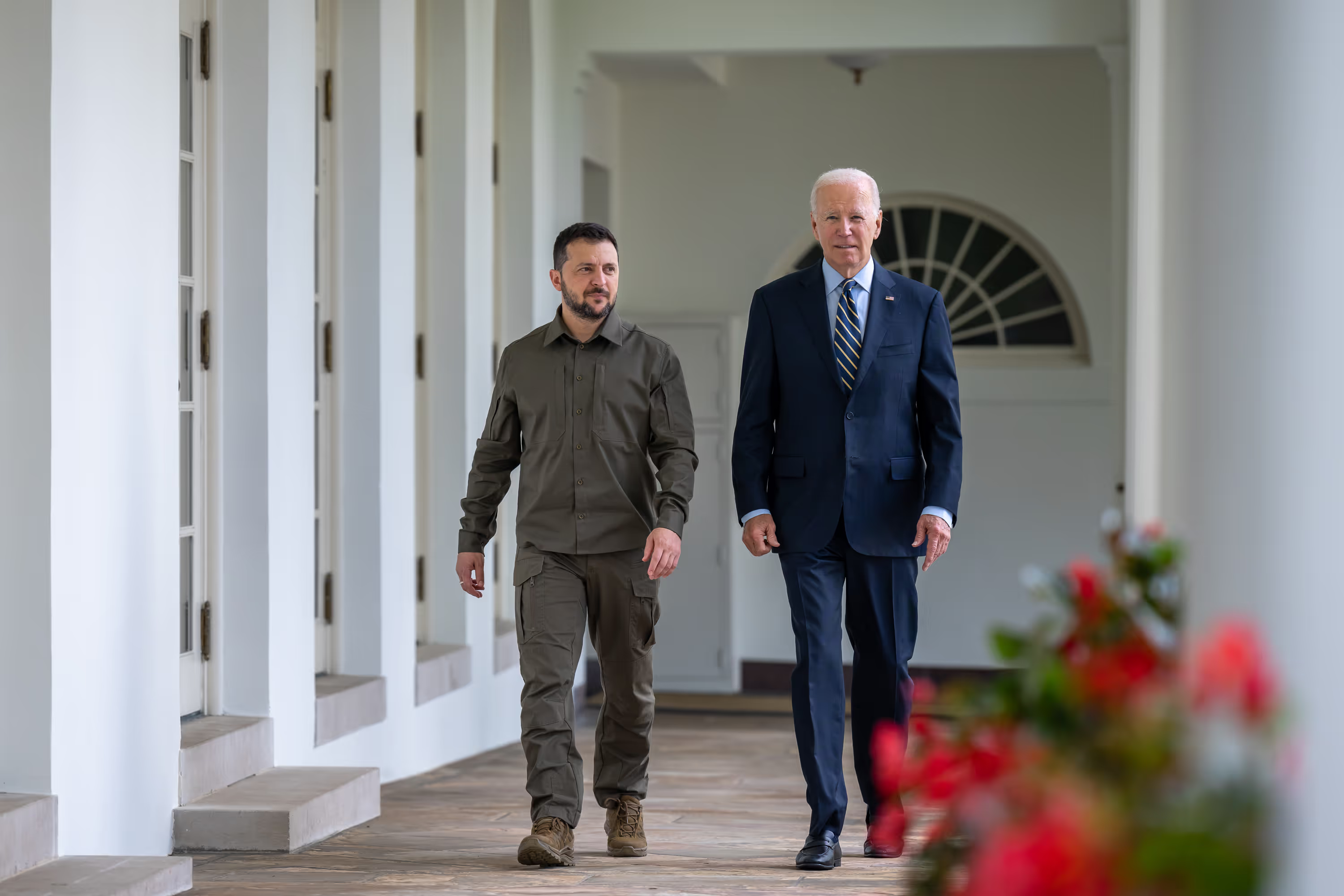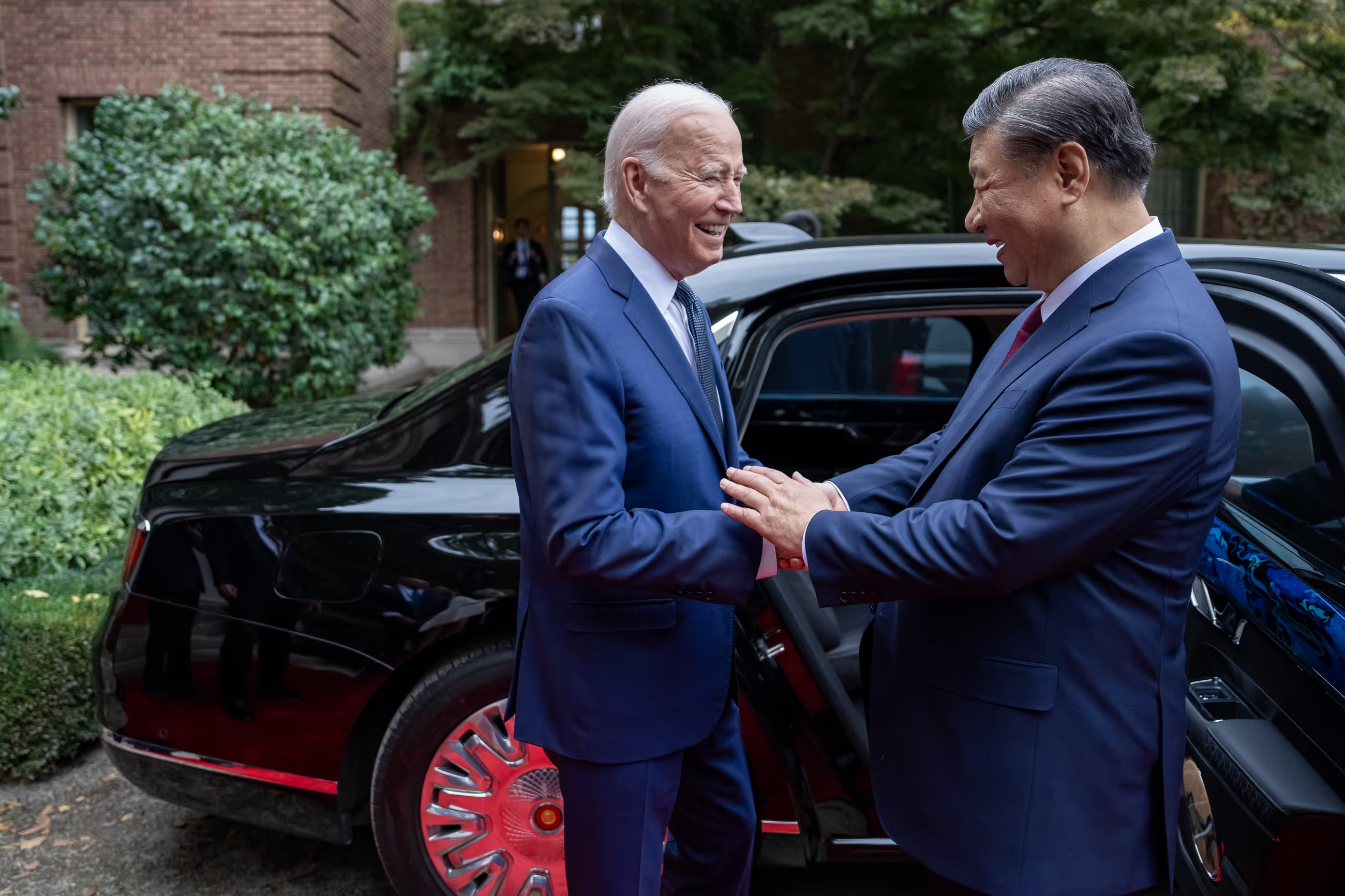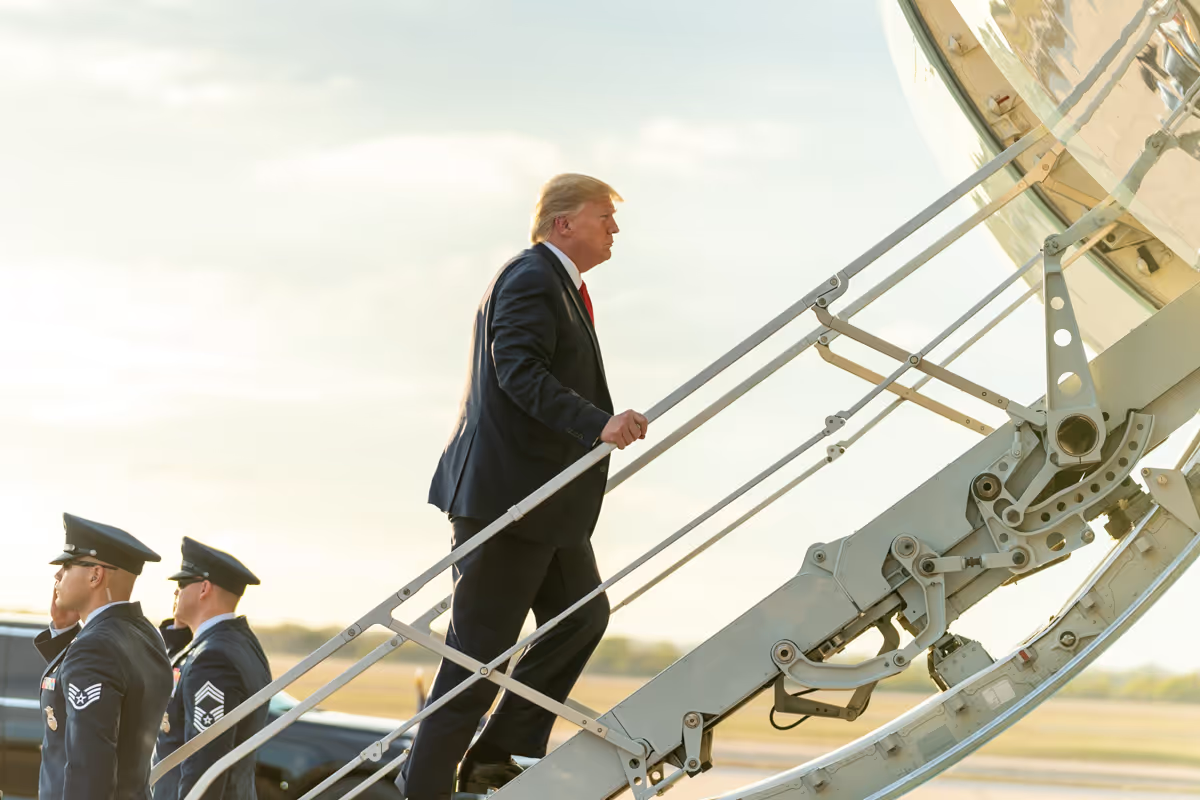
Type
Leans Right
Topic
2024 U.S. Elections
Leans Right
By

Thinktanker Summary
- The potential return of Donald Trump as President is influencing foreign governments' policy decisions, with some delaying actions in hope of better negotiations and others preparing for less favorable outcomes.
- The uncertainty surrounding US foreign policy under a potential Trump administration is causing both allies and adversaries to adjust their strategies far ahead of the US elections.
Overview:
This article was written by Frederick Kempe, President and CEO of the Atlantic Council, discussing the geopolitical implications of former US President Donald Trump's influence on international relations as he gains momentum in the political arena.
- Foreign governments are increasingly considering the 'Trump put'—delaying decisions in anticipation of potentially more favorable negotiations with the US if Trump returns to power, establishing a baseline for their negotiations.
- Conversely, some nations are seeking a 'Trump hedge' by preparing for the adverse effects his potential return could have on their strategic options, particularly concerning security and trade policies.
Key Quotes:
- “Some foreign governments are increasingly factoring into their relationship with the United States what may come to be known as the ‘Trump put’—delaying choices in the expectation they will be able to negotiate better deals with Washington a year from now.”
- “This year promises to be a year of danger as countries around the world watch US politics with a combination of disbelief, fascination, horror, and hope.”
What They Discuss:
- Russian President Vladimir Putin is speculated to be delaying significant decisions regarding the Ukraine war, betting on Trump's election promise to end the conflict swiftly, which could potentially favor Russia.
- European NATO members and Ukraine are exploring ways to bolster their defense capabilities in anticipation of Trump's questioning of NATO's purpose and mission, which could undermine alliance security guarantees.
- The article highlights global concerns over Trump's trade policies, including his promise to impose a ten percent tariff on all imports, affecting international trade dynamics.
- The uncertainty surrounding US foreign policy under a potential Trump administration is causing both allies and adversaries to adjust their strategies far ahead of the US elections.
- A national leader in Davos expressed concerns over the decreasing predictability of US foreign policy, which complicates other countries' policy-making processes.
What They Recommend:
The article implies the need for countries to adapt their strategies in anticipation of potential shifts in US foreign policy under Trump's influence, though specific recommendations are not provided.
Key Takeaways:
- The potential return of Donald Trump to the US presidency is influencing foreign governments' policy decisions, with some delaying actions in hope of better negotiations (the 'Trump put') and others preparing for less favorable outcomes (the 'Trump hedge').
- The geopolitical landscape is marked by increased uncertainty and strategic adjustments by both US allies and adversaries in response to Trump's political resurgence.
- The evolving dynamics underscore the importance of adaptability and strategic foresight in international relations amid the unpredictability of US foreign policy.
This is a brief overview of Frederick Kempe's work from the Atlantic Council. For complete insights, we recommend reading the full article.

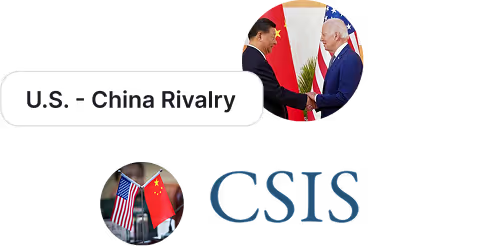

.avif)


.avif)
.avif)
.avif)
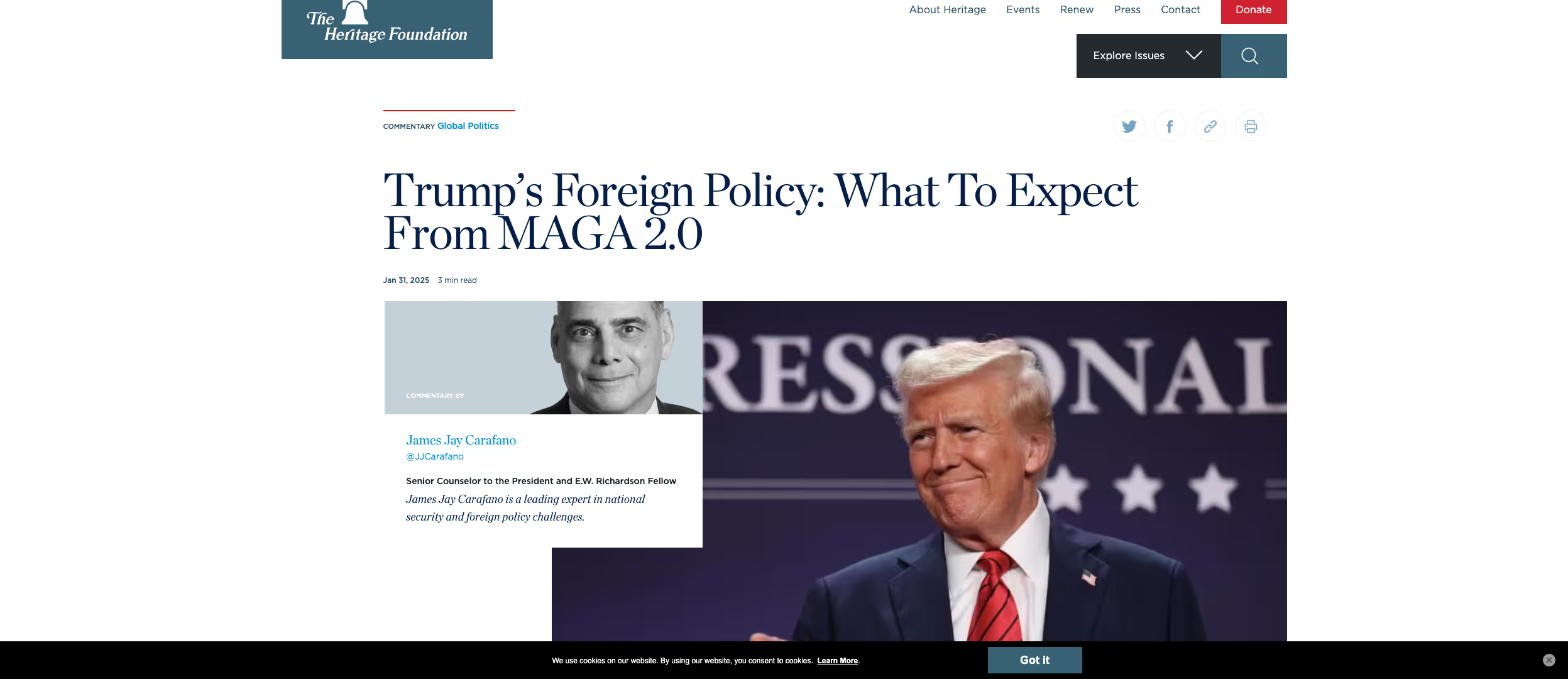
.avif)
.avif)
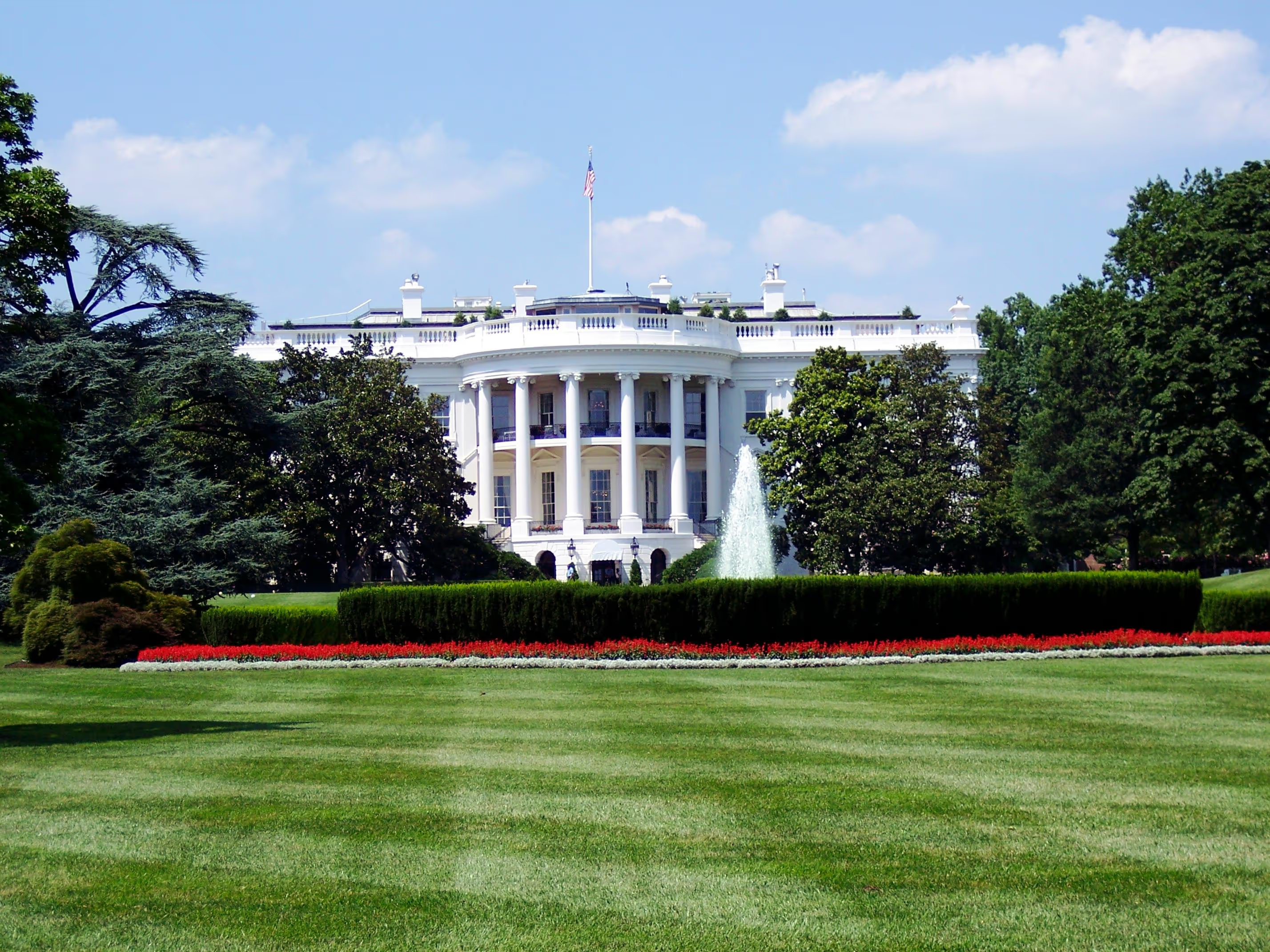


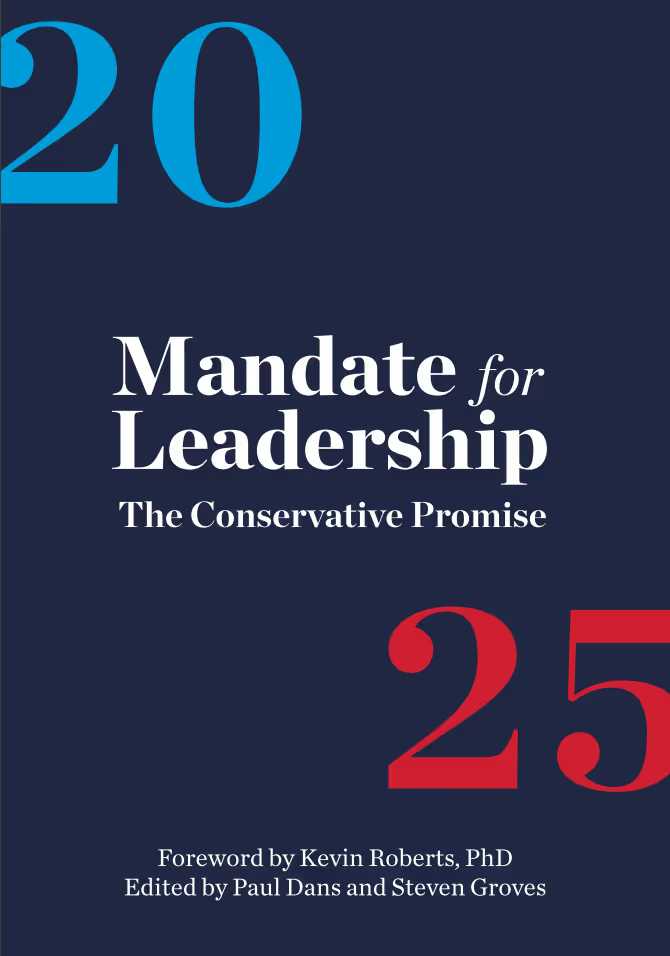






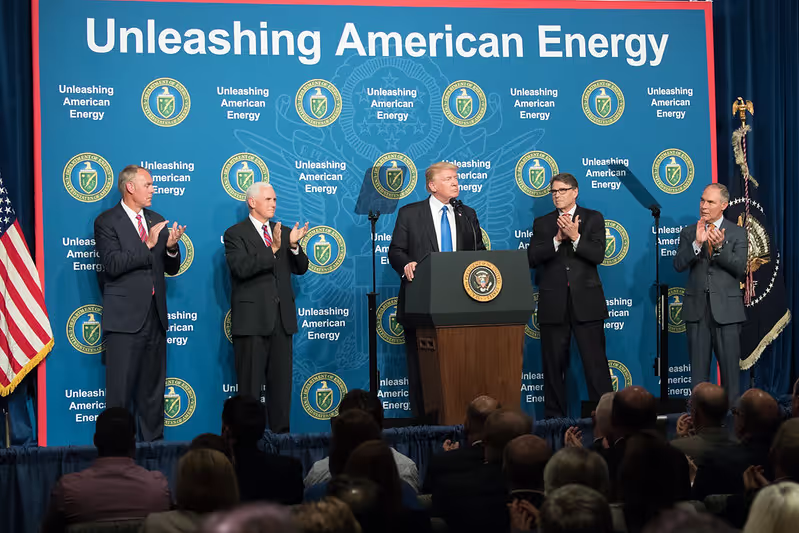

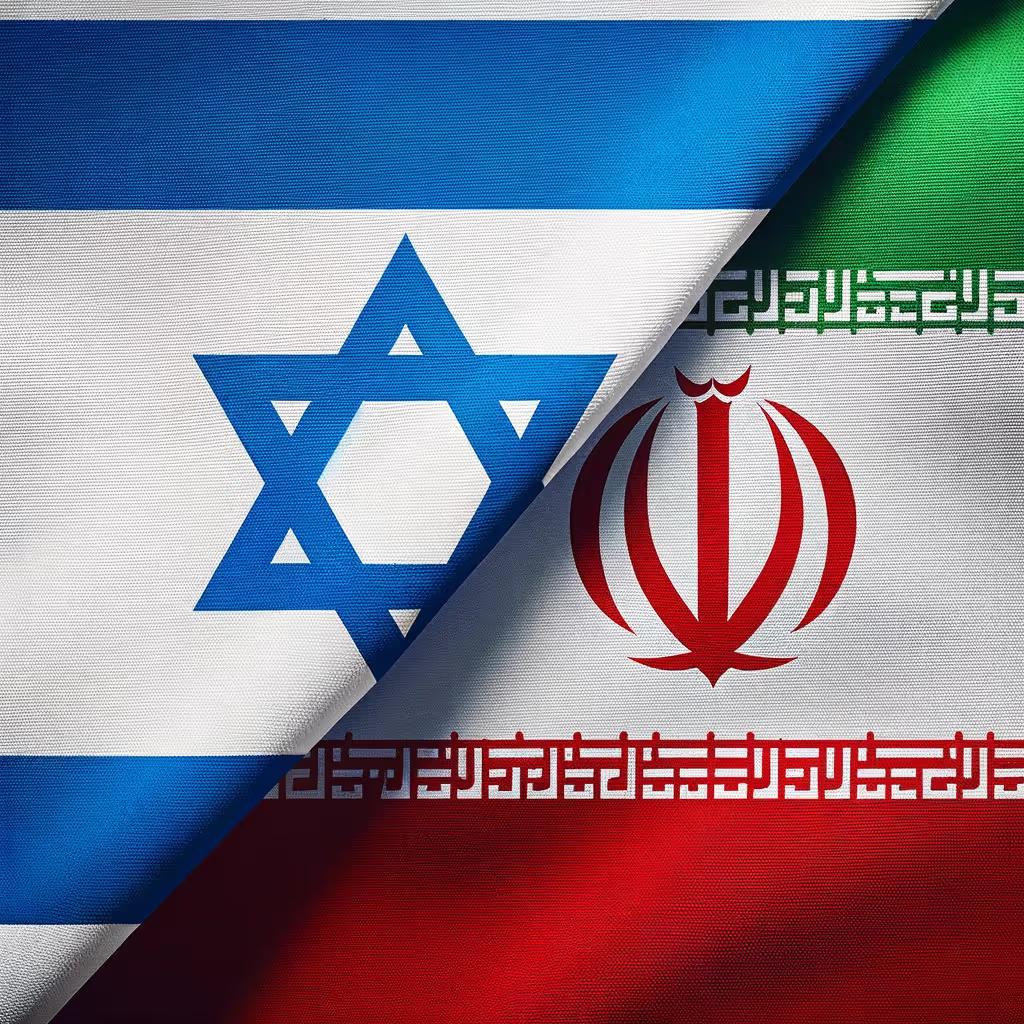














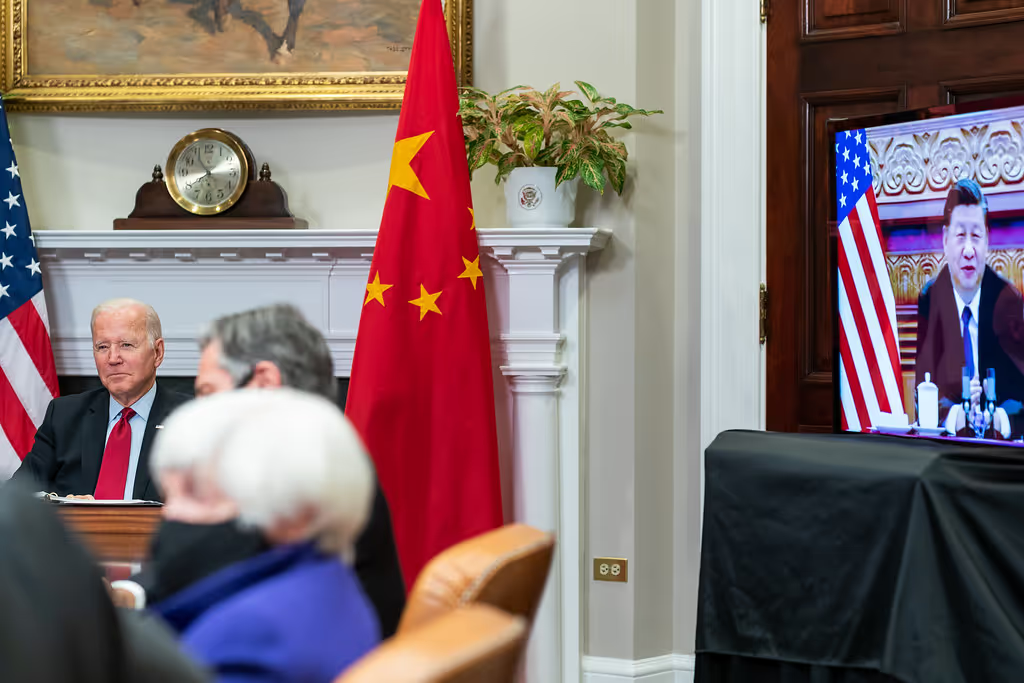


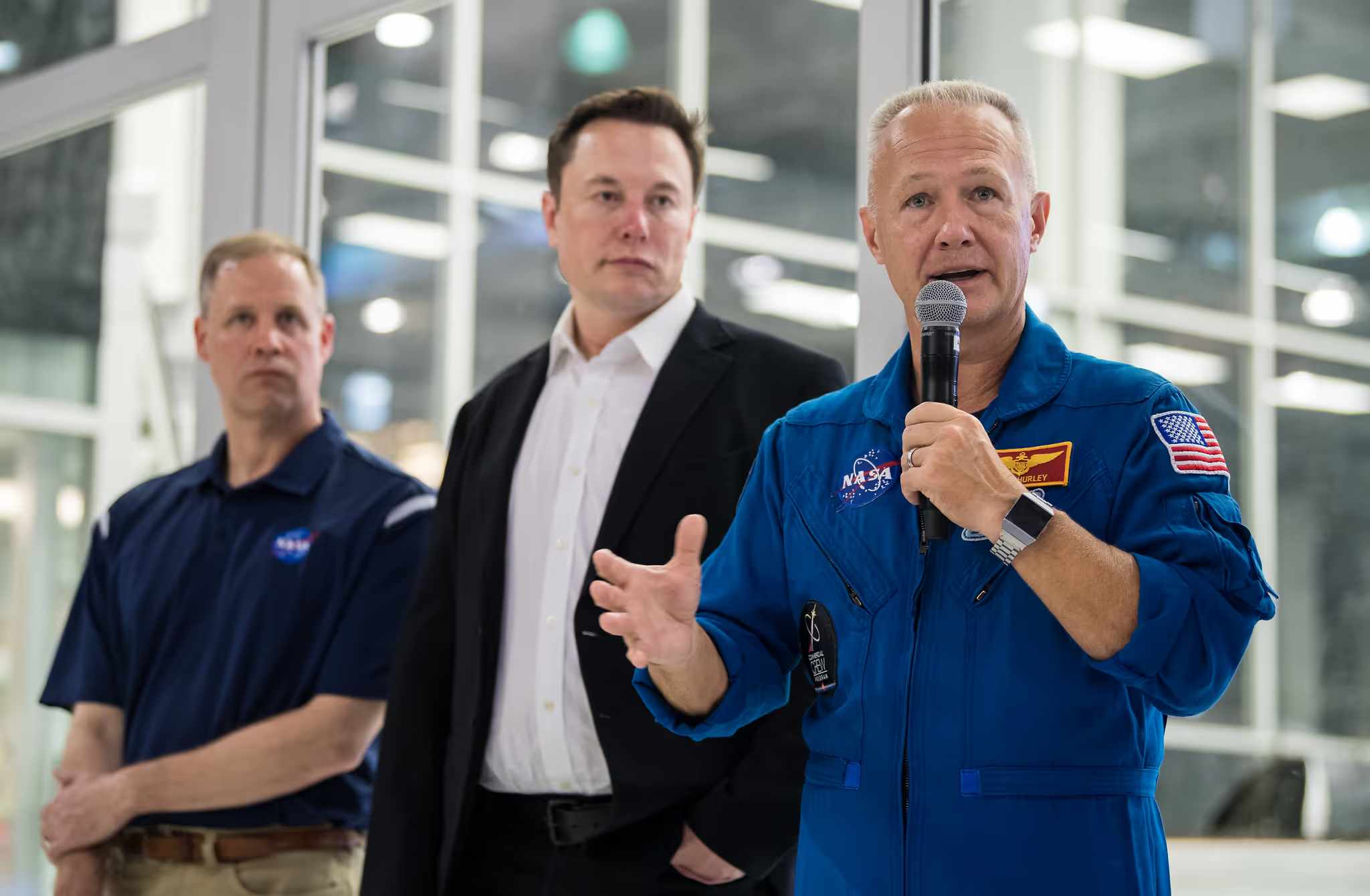

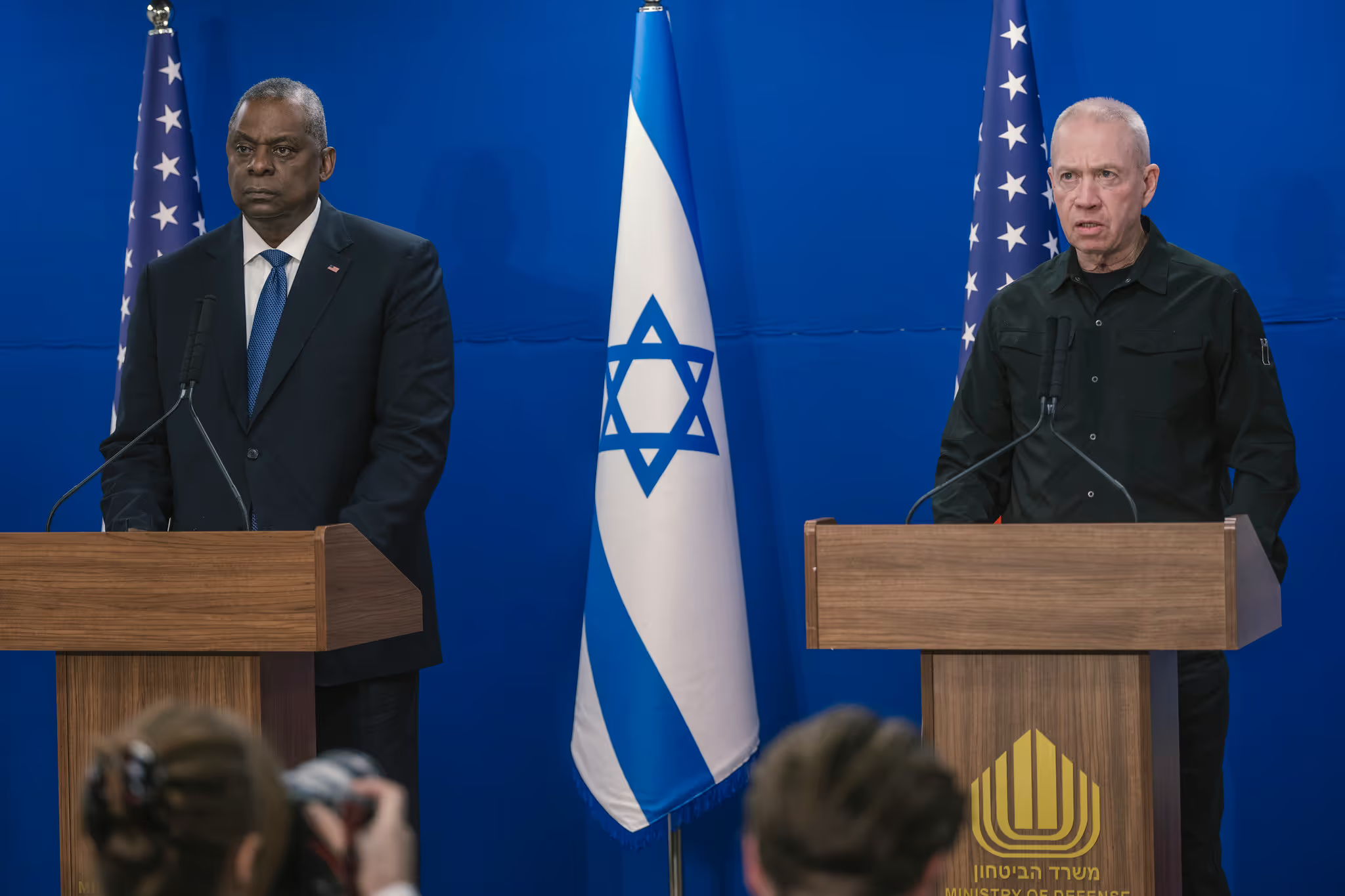





.avif)
